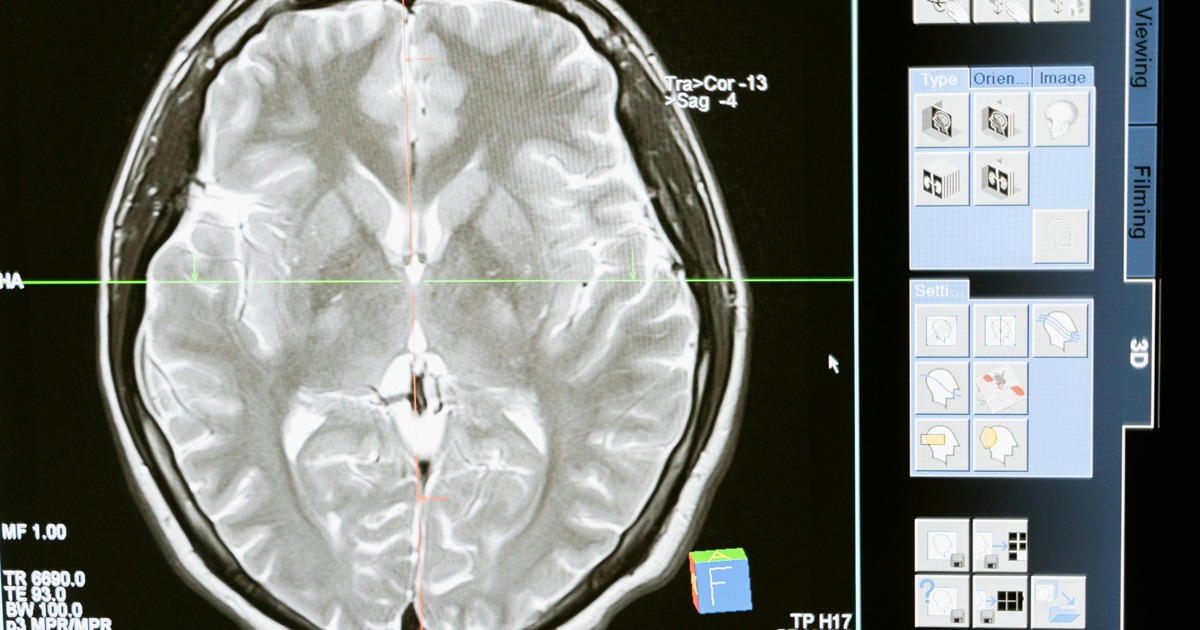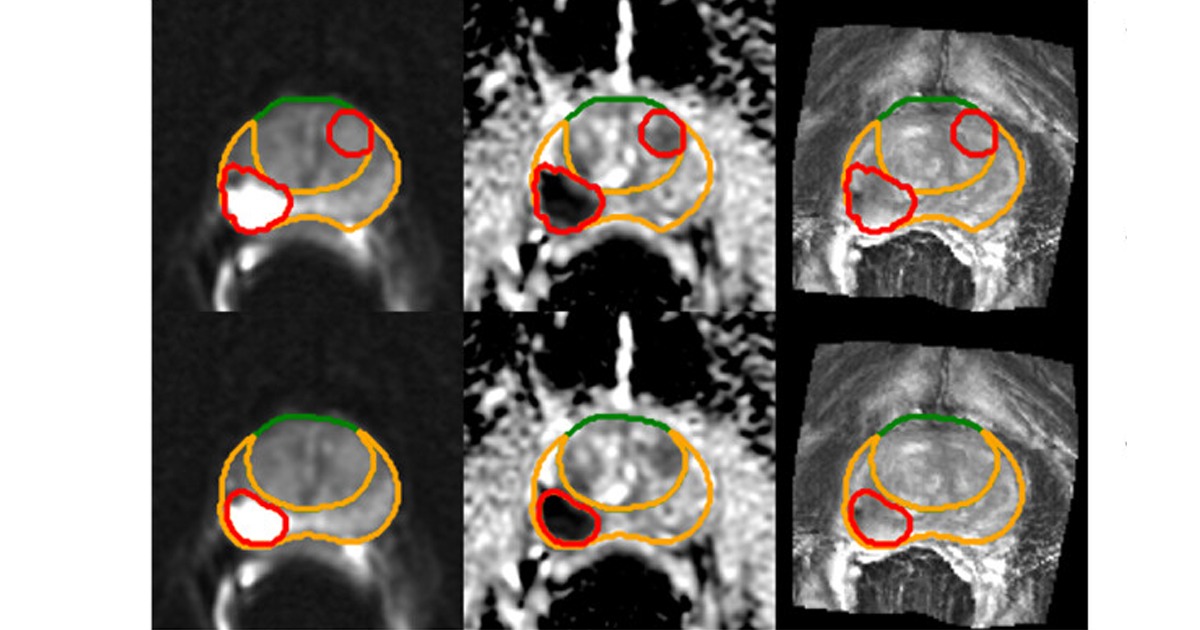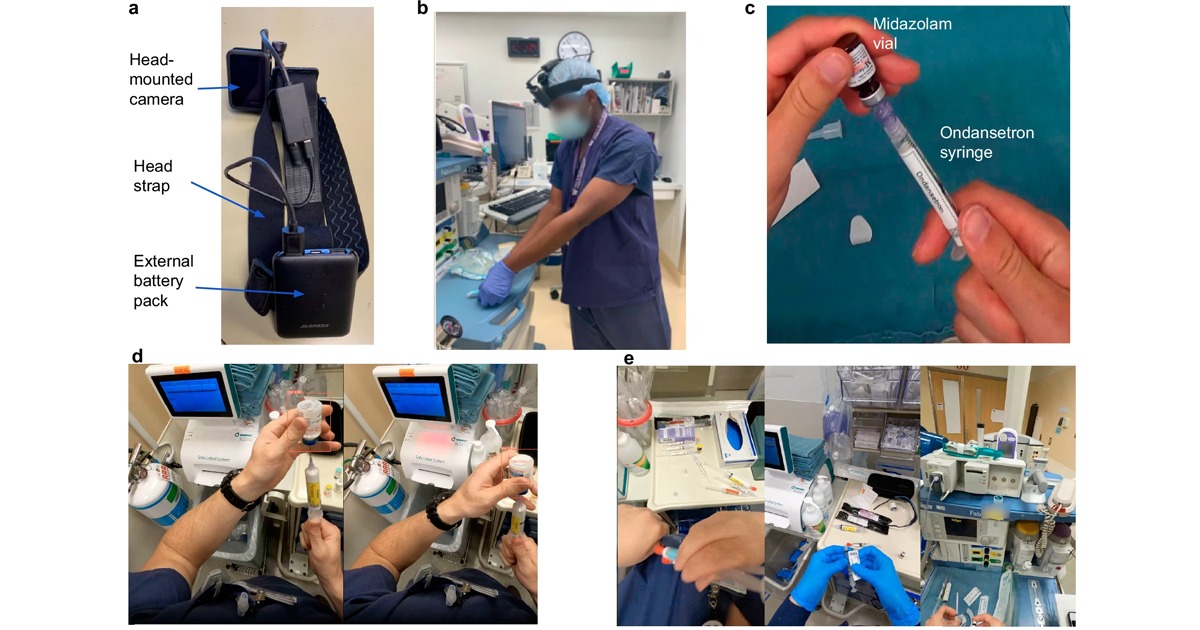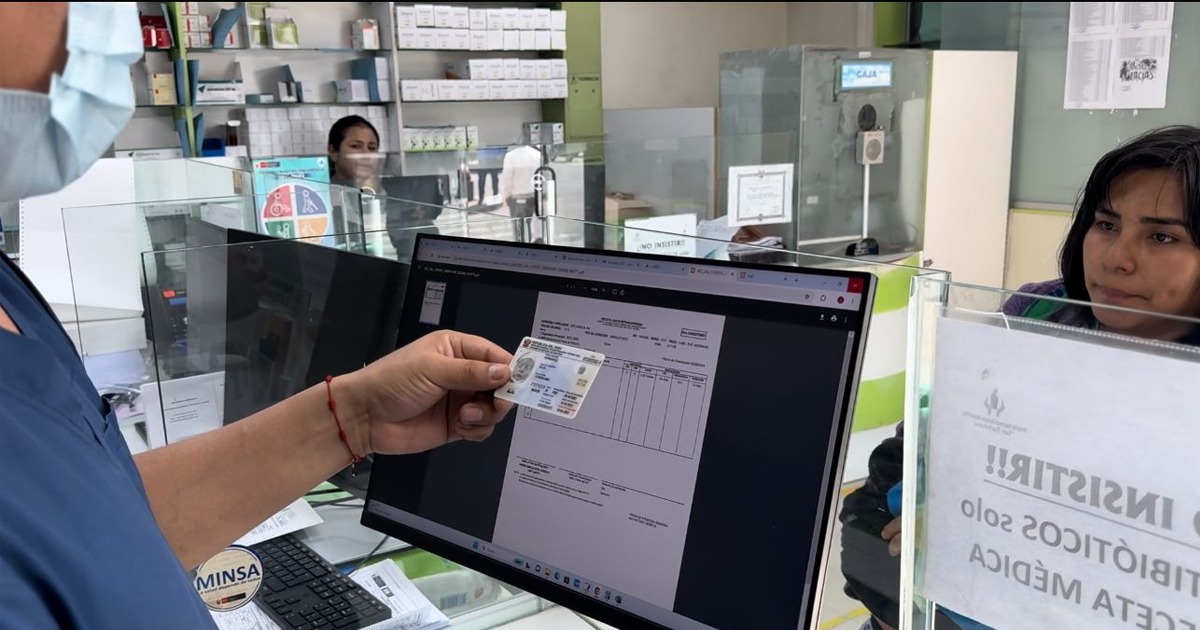The Secretariat of Health of Hidalgo, offers a telemedicine service that provides and promotes remote care in more than 50 medical specialties.
The state of Hidalgo in Mexico, implemented the State Telemedicine Network program in August 2017. They started offering synchronous and asynchronous teleconsultation services, in hospitals located in remote areas. In the Sierra Otomí-Tepehua the Hospital Básico Comunitario Huehuetla and in the Sierra de la Huasteca the Hospital General de la Huasteca, were connected to the General Hospital of Pachuca.
By October of that same year, the first neurosurgery teleconsultation was performed. And after two years of implementing the program, in 2019 they managed to exceed half a thousand specialty teleconsultations provided in one year with 586. For 2020, the specialties of psychiatry and paidopsychiatry were added.
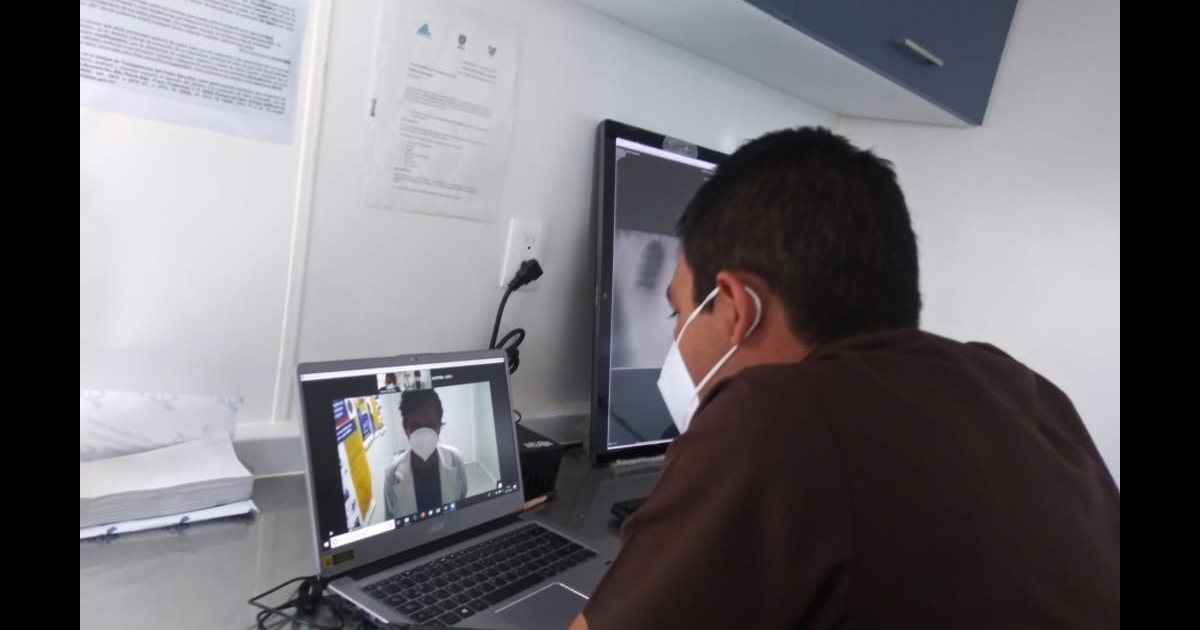
Health emergency response
In 2020, as an immediate response to the COVID-19 pandemic, the Telemedicine Network added four hospital units, and connected with specialties in pneumology and nephrology. From January to October they were able to perform 828 remote consultations in the available medical specialties.
In addition, as part of the response, the state Health Secretariat installed an "inflatable hospital" in the Bicentennial esplanade in the state capital. A telemedicine office was also set up within this hospital, which has a capacity of 40 hospital beds.
One of the most important services implemented were the teleradiology and tele-diagnostic radiology services, which now operates in 16 hospitals throughout the state and in the COVID-19 Immediate Response temporary hospitals in Actopan, Huehuetla, Huejutla and Pachuca. "With this service, any physician who so desires can request an interconsultation with the aim of having the specialist physician give his opinion of a treatment for patients with suspected or confirmed coronavirus infection," explains the Telehealth Observatory of the National Center for Technological Excellence in Health. From March to November 2020, more than 6,000 simple radiography and tomography studies were interpreted.
Telemonitoring has also been an important part of the care of COVID patients who were hospitalized. Home telemonitoring lasts for 21 days after discharge from the hospital. The monitoring kit includes: oximeter, thermometer, oxygen concentrator, glucometer and blood pressure monitor, through the kit the patient performs self-monitoring, which must be sent to the physician by e-mail.
Learn more at: https://cenetec-difusion.com/observatoriotelesalud/2020/11/24/acciones-por-covid-19/
Beyond the pandemic
On the other hand, through the Specialized Medical Units, teleconsultations related to care for the elderly, addictions, breast cancer, domestic violence, as well as counseling and professional assistance in psychology, psychiatry and geriatrics have been provided.
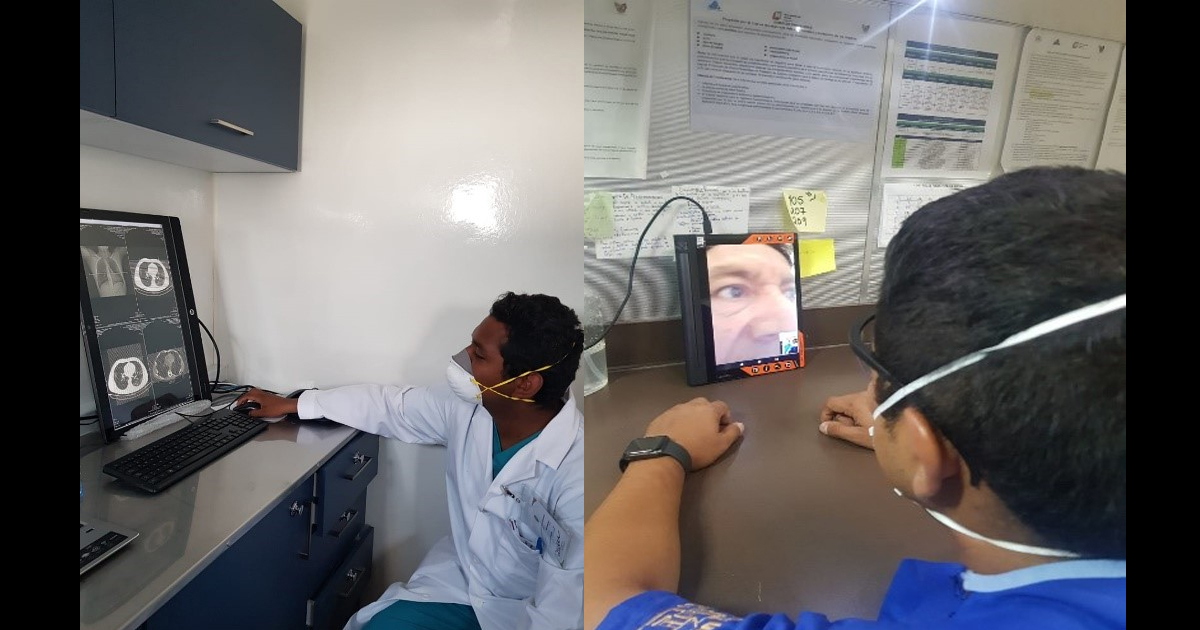
The State Center for Geriatric Care (CESAGI) has provided 268 remote consultations, and the Specialized Unit for the Detection and Diagnosis of Breast Cancer (DEDICAM) has provided 93.

